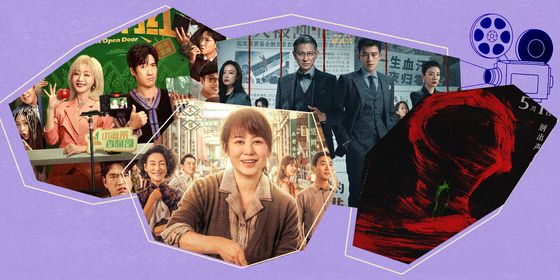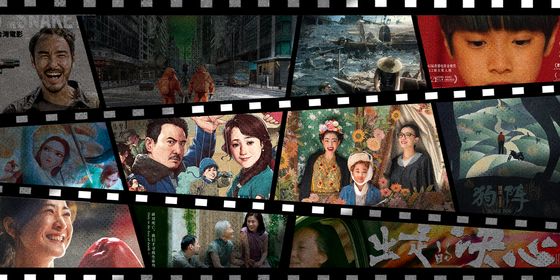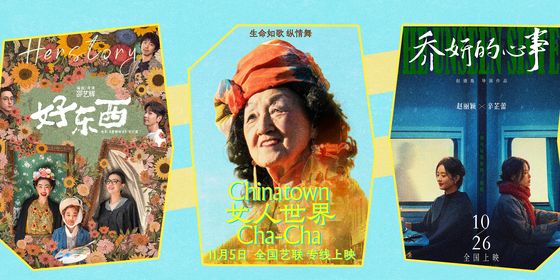More diverse than their predecessors, the latest generation of Chinese filmmakers still face struggles of their own
It’s been two decades since China’s so-called “Sixth Generation” directors rose to prominence on a tide of criticism of traditional values and sympathy for the underprivileged.
An equivalent “Seventh Generation” never truly emerged—directors like Lu Chuan and Ning Hao may share similar birthdates but not share values. And opportunities were lacking back in the 2000s, when investors rarely trusted fresh faces. Yet times may have finally started to change.
With the Chinese film market expected to surpass that of the US by 2022, the government and industry are pouring new resources into nurturing a possible “Eighth Generation” of post-80s directors and scriptwriters with a range of programs, funding platforms and domestic film festivals. Unlike rebellious forefathers Jia Zhangke and Wang Xiaoshuai, this new generation cares more about the market, and values mainstream success over underground recognition like their predecessors.
This does not mean this “Eighth Generation” speaks with a single voice. Each bringing distinctive views, styles and subjects, this flourishing group of young directors may not fit under a single label, unless it’s a penchant for engaging a contemporary audience with issues close to them.
Create a free account to keep reading up to 10 free articles each month
Super Eight is a story from our issue, “Funny Business.” To read the entire issue, become a subscriber and receive the full magazine.












